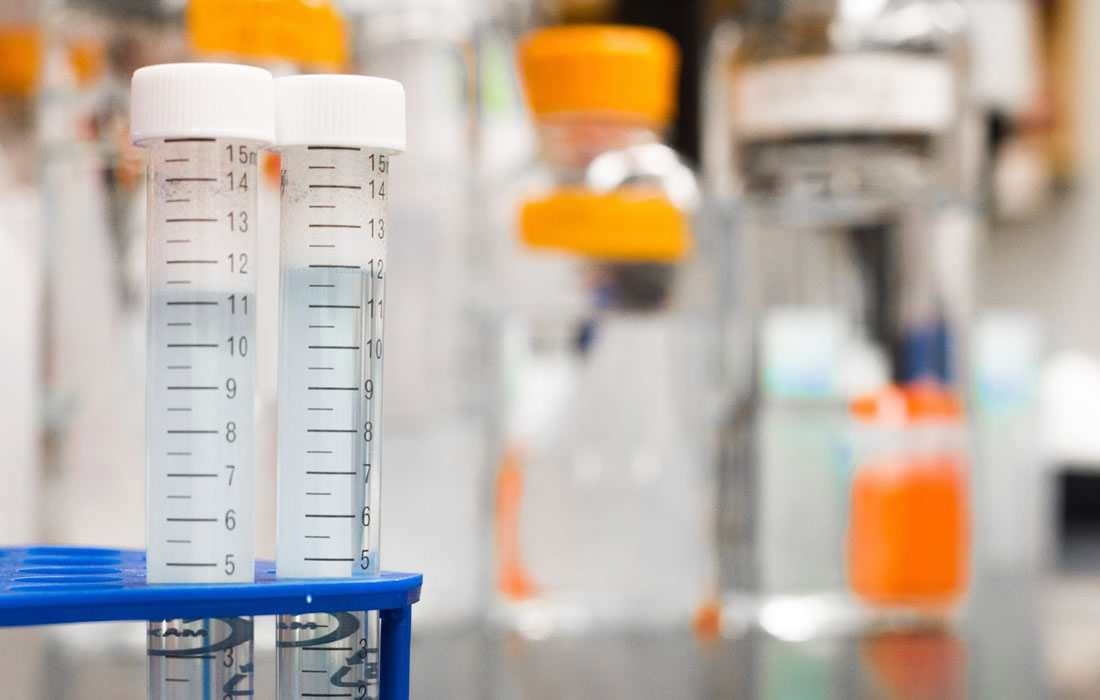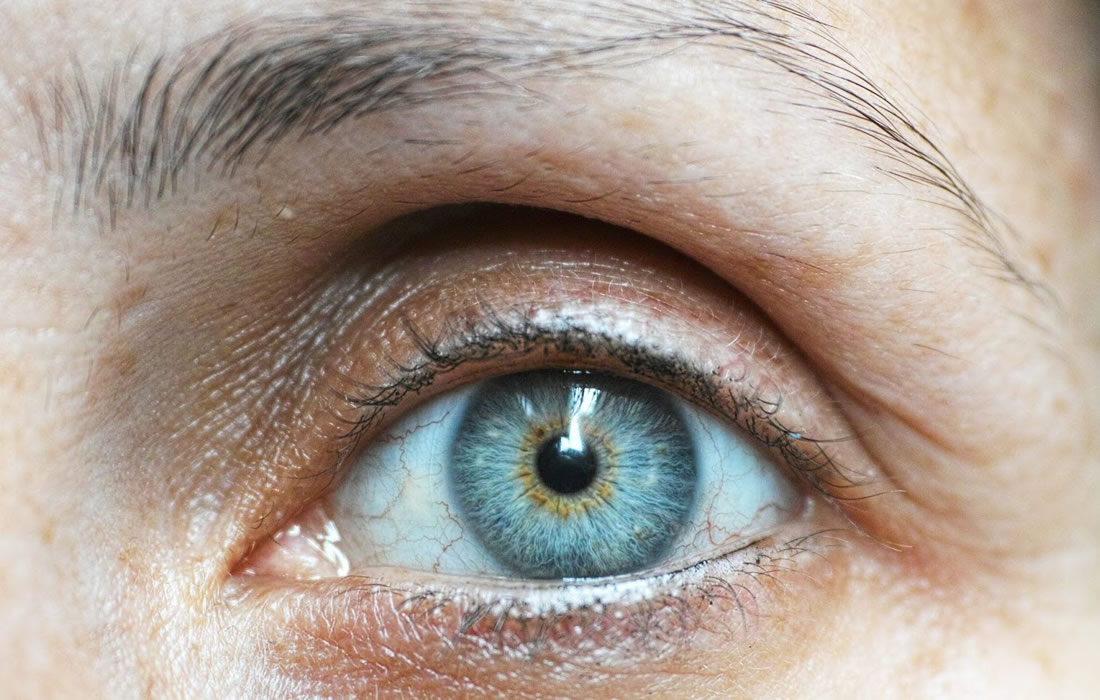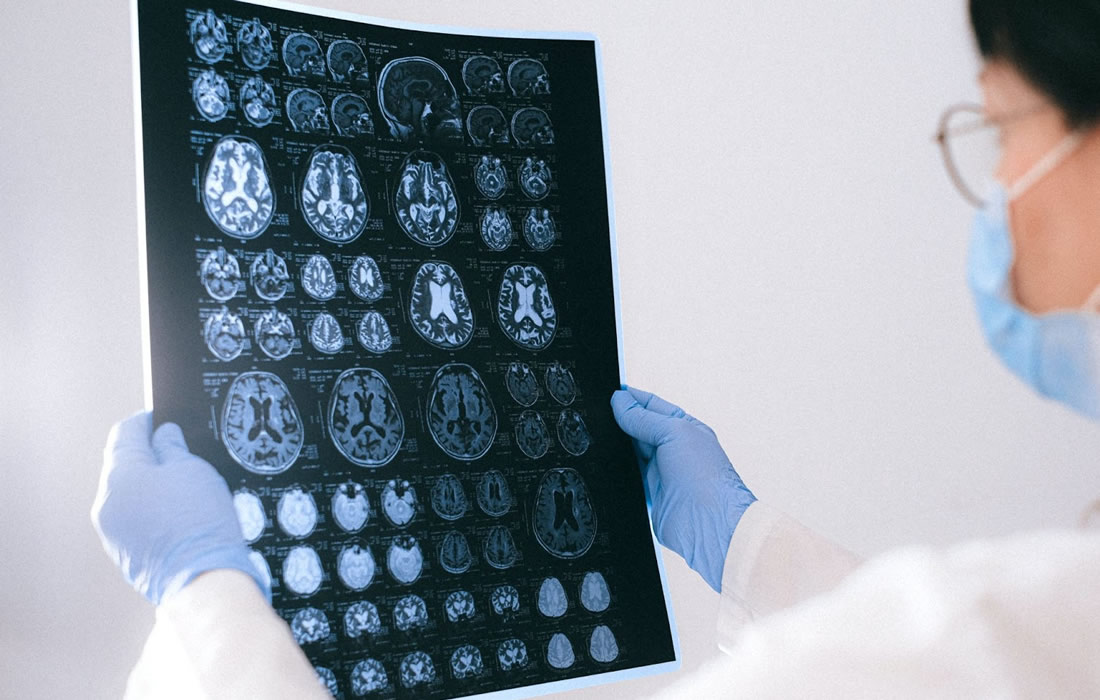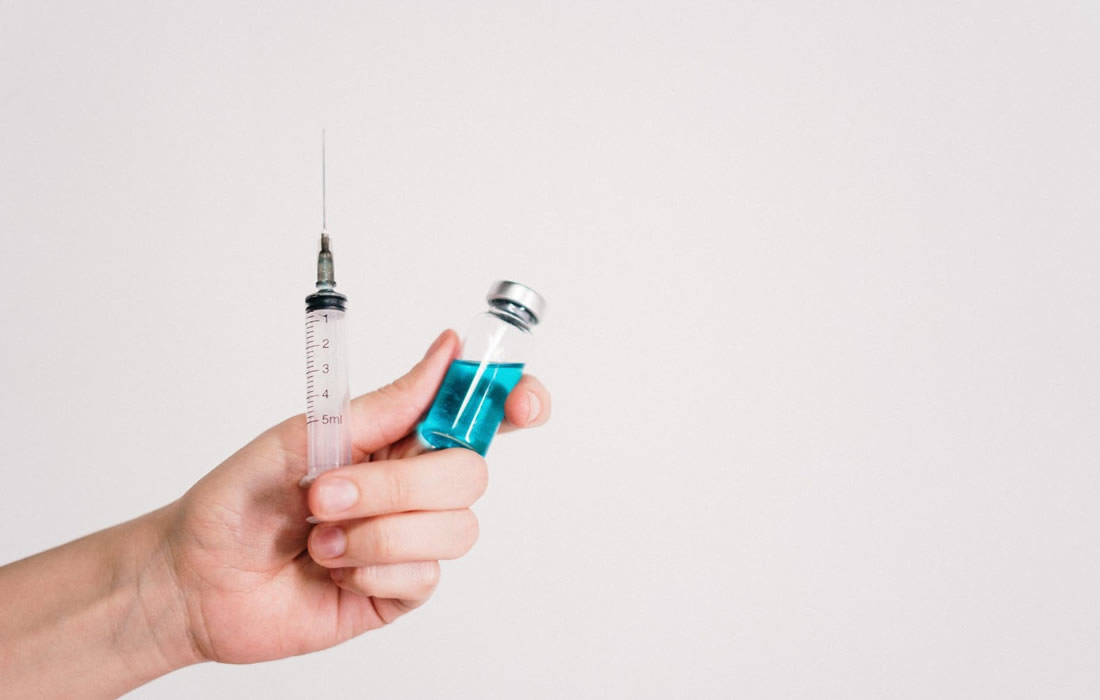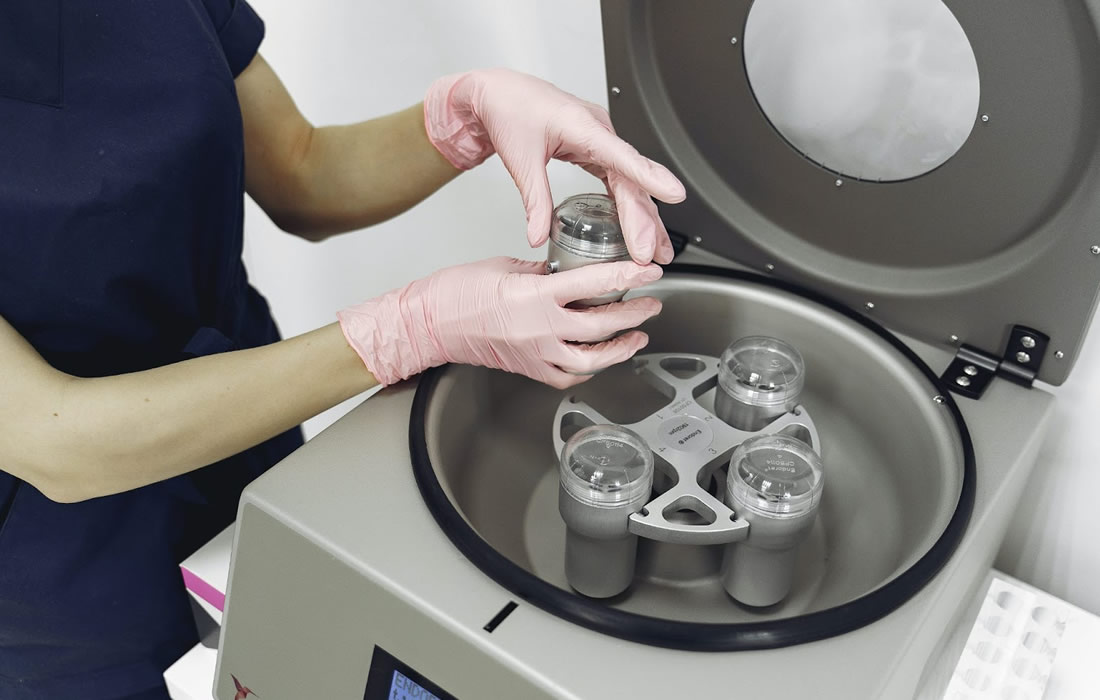Led by researchers from NYU Grossman School of Medicine, the new work created lab mice with human genetic material for ACE2. The mice with this genetic change developed symptoms similar to young humans infected with the virus causing COVID-19, instead of dying upon infection as had occurred with prior mouse models. “Given that mice have […]
Author Archives: Rocio Gallegos, MD
In 2022, UC’s Robert Krikorian, PhD, and his team published research that found adding blueberries to the daily diets of certain middle-aged populations may lower the chances of developing late-life dementia. “Both strawberries and blueberries contain antioxidants called anthocyanins, which have been implicated in a variety of berry health benefits such as metabolic and cognitive […]
Major depressive disorder (MDD) is a widespread mental health condition that for many is disabling. In a new study researchers identified a gene that interacted with stress to mediate aspects of treatment-resistant MDD in an animal model. Jing Zhang, PhD said, “Emerging evidence suggests that MDD is a consequence of the co-work of genetic risks […]
Atherosclerosis is considered a frequent cause of cardiovascular diseases and strokes. An international team has now identified a specific microRNA molecule as a promising starting point for the investigation of new therapies. Some time ago, the researchers had already demonstrated that the transmembrane protein CXCR4 plays a significant role in the development of atherosclerosis. The […]
Many fungus strains have been used and selected by the food industry for their capacities to ferment, produce flavors or produce heterologous molecules. According to a new study, 2 fungi used to produce food products have potential probiotic effects on gut inflammation. To date, very little is known about the diversity of foodborne yeasts and […]
Researchers and entrepreneurs have developed an implant made of collagen protein from pig’s skin, which resembles the human cornea. In a pilot study, the implant restored vision to 20 people with diseased corneas, most of whom were blind prior to receiving the implant. “The results show that it is possible to develop a biomaterial that […]
Alzheimer’s disease is the most common form of dementia. Researchers now show that a metabolic increase in the mitochondria, the cellular power plants, is an early indicator of the disease. The teams behind the study used mice that developed Alzheimer’s disease pathology in a similar way to humans. The increase in metabolism in young mice […]
Let’s imagine you are swimming in the ocean. A giant shark approaches and bites a huge chunk of meat out of your thigh, resulting in a complete loss of motor/sensor function in your leg. If left untreated, such severe muscle damage would result in permanent loss of function and disability. How on Earth will you […]
Schizophrenia is a severe neuropsychiatric disease that remains poorly understood and treated. Schizophrenia onset is typically in adolescence or early adulthood, but its underlying causes are thought to involve neurodevelopmental abnormalities. Because human prenatal and postnatal brain tissue is exceedingly difficult to procure and therefore study, researchers have had limited opportunities to identify early disease […]
In a new study clinicians and researchers show that the administration of plasma taken from convalescent donors after infection with Sars-CoV-2 to patients suffering from acute respiratory distress syndrome requiring artificial mechanical ventilation significantly reduced mortality (10%). The randomized trial involved 17 intensive care units in Belgian hospitals. It included a total of 475 patients […]

